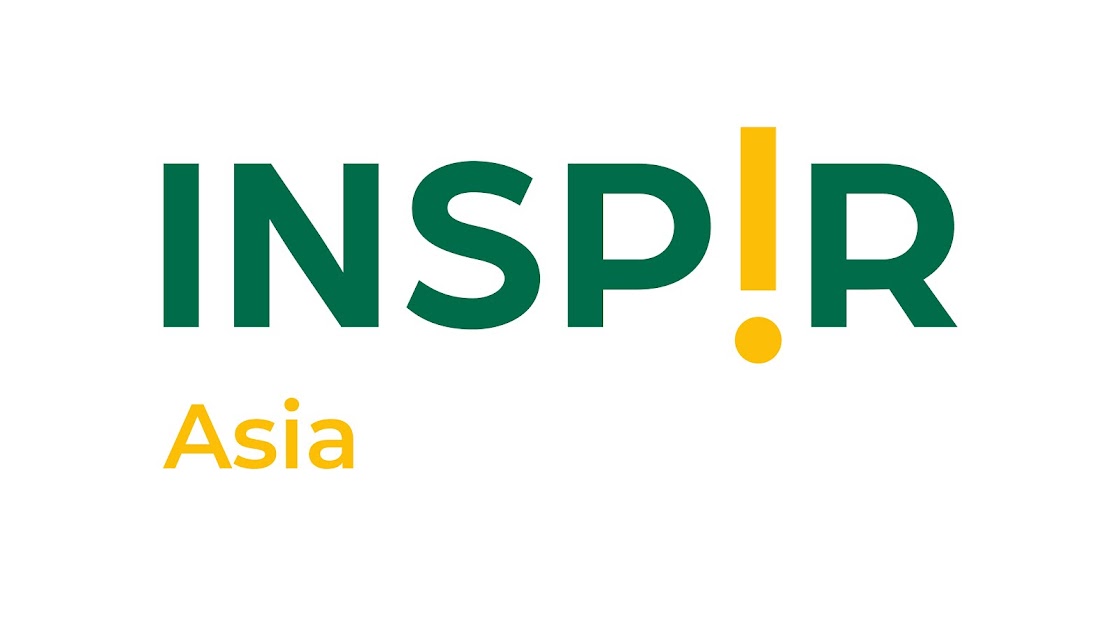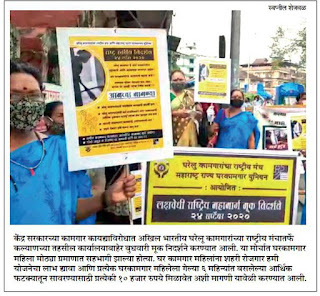Nationwide
protest held by NDWM, NDWF and CFTUI under the National Platform Domestic Workers to demand
National Legislation for Domestic Workers, Cash transfer to the
domestic workers affected by Covid crisis and to implement the Urban
Employment Guarantee Scheme.
Memoranda were submitted to the MPs, Labour
Ministers in different States, Labour Commissioners and District
Collectors. These are images from States of Maharashtra, Bihar, Tamil nadu, Nagaland, Meghalaya, Orissa, Jharkand, Karnataka, Delhi, UP, Kerala, MP and Goa.





The nationwide protests received a lot of media coverage. In a press conference organized in Assisi Auditorium in Dimapur, the NDWM-Nagaland Region laid down four demands for the government. It demanded the recognition of domestic workers as workers, while seeking protection for them against all types of harassment. It also called for social security and access to benefits for the domestic workers and asked the State Government to include domestic workers in the schedule of employment and thus ensuring minimum wages entitlement. “Domestic Workers are essential workers, they are not carriers of diseases, do not discriminate them,” was the NDWM-Nagaland Region’s stand as they joined the nationwide campaign organized by the National domestic workers platform with its 34 unions.








